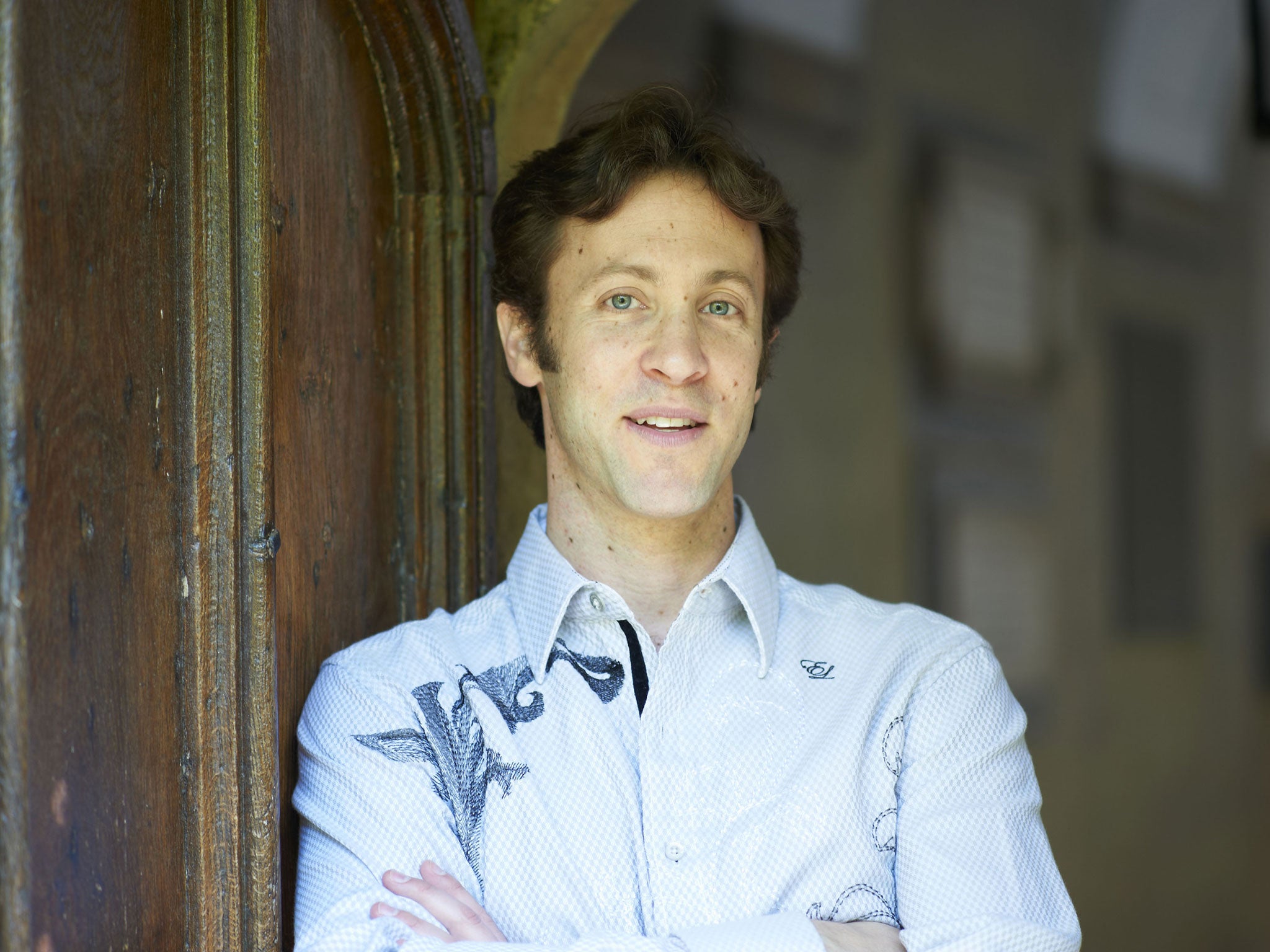David Eagleman interview: 'It's a mistake to think of ourselves as individuals'
Eagleman is director of the Laboratory for Perception and Action at Baylor College of Medicine, Texas

I fell from a rooftop – and it defined my career When I was in third grade, I fell off the roof of a house that was under construction. It seemed to take a very long time to fall, and as I was falling, I was thinking about a lot of things, such as how this must have been what it was like for Alice to fall down the rabbit hole. And it all happened in a fraction of a second. As a neuroscientist, I'm very interested in the concept of time in life-threatening situations. I think it's a matter of attention: normally we're thinking about 100 things unconsciously, but in a life-threatening situation, all of your attention is on the thing at hand.
I'll often look around a room and think, 'oh my god, this is all inside my head' I look at the colours around me or at my beautiful wife and there's a constant realisation that all your brain ever sees is electrochemical signals, from which it extracts patterns and serves up your sense of reality. Our perception of our reality has less to do with what's happening out there, and more with what's happening inside our heads.
I don't take emotions as seriously as I used to If I have to give a talk and my slide isn't perfect, I might initially feel stressed, as it's a threatening situation to me. But I now have this sort of voice on top, which says, well, this is exactly what I have evolved to feel over millions of years: it's not actually a tiger jumping on me or someone shooting me; it's something ridiculously minor. So I feel the emotion, and then let it go.
I have more in common with my colleagues than I would my seven- or 70-year-old self We have this very strong impression that the self is the same through time, which it's not. We change a lot, but it happens so slowly that we don't notice it.
It's a mistake to think of ourselves as individuals Our brains are like a neural parliament: we've got all these competing political parties fighting for control. If I put some chocolate-chip cookies in front of me, part of my brain wants to eat them, as it's a rich energy source, but part of my brain doesn't, as it says I'm going to get fat. Who you are emerges from these brain-wide battles for dominance. It's why I so enjoyed the movie Inside Out: that's the right way to think about the brain, made up of all these different drives.
We need to understand what happens in the brain to make us dehumanise people At this moment, with terrorist attacks and the refugee crisis, we hear people being referred to as "cockroaches". History shows that all it takes is hearing that message a few times to start feeling, "Yeah, they don't really count, they're not like me." It's vital to counter this, and that pivots on understanding that there are these [empathy] networks in the brain that get dialled down by propaganda. If we can come to understand these patterns of dehumanisation, we'll be more immune to them.
I'm constantly leaning into the future Some people really live in the present; others are stuck looking in the rear-view mirror. For me, it's rare that I think back.
I don't care about food at all Food is just a necessity: I'll think, "Damn it, I'm hungry," but I won't ever dine out in a gourmet restaurant. Part of this is related to breaking my nose really badly in the fall from the roof. A lot of taste has to do with smell – and I now have a terrible sense of smell.
An American neuroscientist, David Eagleman, 44, is director of the Laboratory for Perception and Action at Baylor College of Medicine, Texas. He is also a bestselling author of books including 'The Brain: the Story of You', and 'Incognito: the Secret Lives of the Brain'. His TV series, 'The Brain with David Eagleman', airs on Thursdays at 9pm on BBC4
Join our commenting forum
Join thought-provoking conversations, follow other Independent readers and see their replies
Comments
Bookmark popover
Removed from bookmarks